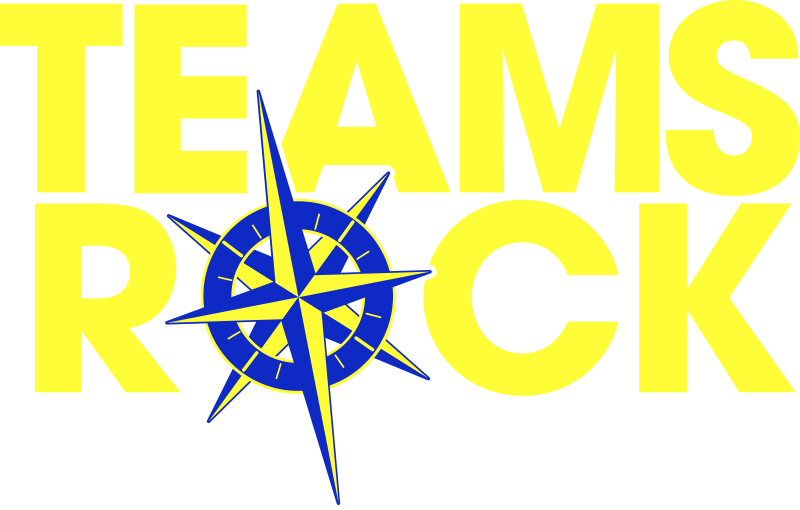When Sarah accepted her position as team leader, she made several assumptions about the position, the team, and the team members. Many of these assumptions are urban legends or team myths. Someone thinks it, so it must be true.
Sarah understood the basic concepts of teamwork and how to be a team leader, and had actually come from another company where the team she was on functioned almost flawlessly. When she became the team leader at her new company, she immediately thought things would be just as smooth.

Here are four myths that could have slowed Sarah’s success with the new team:
- Teams are self-directed – Nothing could be further from the truth. Teams can become self-directed but are not automatically self-directed. Think about any successful team you have been on. Was it always that way? Most likely not. It likely evolved over time, going through the matriculation process we all know as forming – storming – norming – and performing. Always remember that a team can easily retreat from any stage and will need to move through the process again. This is not just the leader’s responsibility. It belongs to everyone on the team.
- Team leadership is democratic – Think about this for just a minute. If everything is democratic, then why do we have leaders in the first place? Leadership can seek input from the team and, as the team matriculates, more input can be utilized, but at no point is team leadership democratic. Leaders need to make decisions (and the good ones do) based upon what is best for the overall organization and the greatest number of people. Answer this simple question; is it possible for a leader to make a decision that is good for the overall organization, good for the particular division, possibly good for the team, and bad for a member of the team? The obvious answer is yes. Now is that a good decision? If the decision was made serving the largest number of people or the organization then the obvious answer is, again, yes.
- Good teams are error free – Whenever people are involved, mistakes will happen. This is just a fact. The key point here is to remember that, when mistakes occur, it is about what went wrong, not “who screwed up.” The key here is to put mistakes behind you as quickly as possible and move forward.
- Team members always get along – Even the best of friends have disagreements from time to time. What makes anyone think that team members will always get along? Teamwork is about team members setting aside personal differences for the betterment of the team or project. Some team members may not even like each other yet, when it comes to working together, they respect each other and the job or process works amazingly well. Remember, it is significantly more important that you trust your teammates rather than like them.
Teams are constantly in motion and very few assumptions can be made about teams. Each team is different. As a leader, if you focus on building trust from the beginning you will be on your way to building a successful team culture.


Leave A Comment